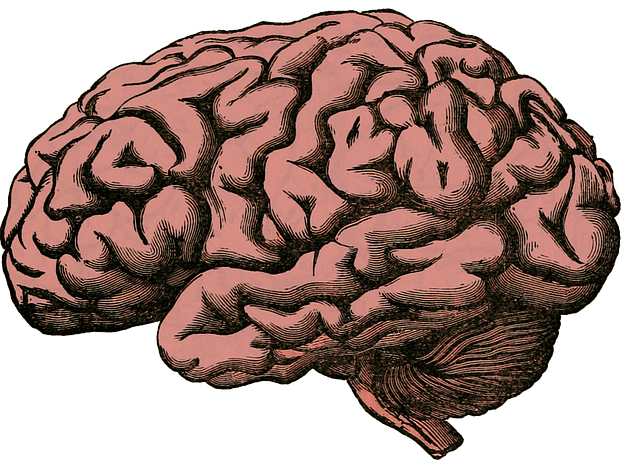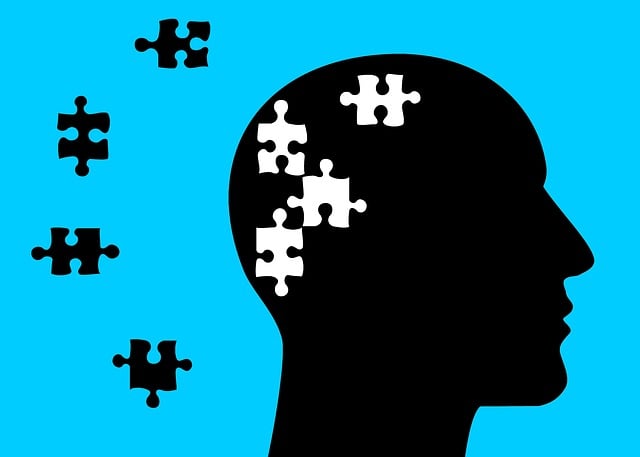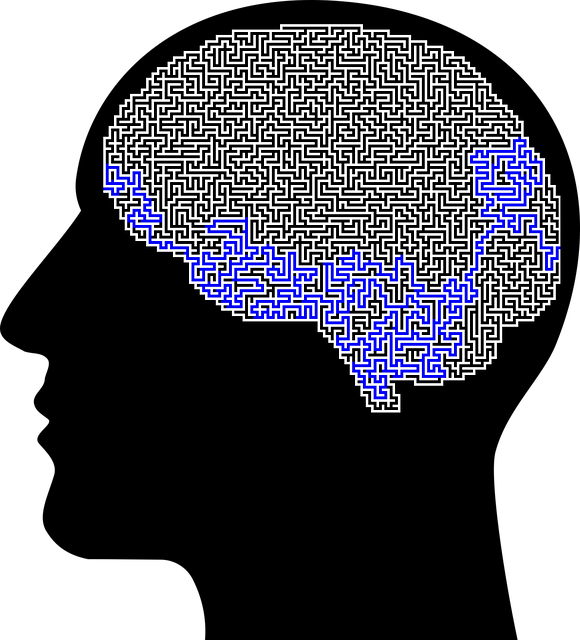Louisville Exposure and Response Prevention (ERP) Therapy is a cutting-edge, personalized self-assessment tool for mental wellness, combining empathy, communication strategies, and evidence-based techniques. It aims to strengthen therapeutic bonds, address anxiety, PTSD, and OCD, and enhance overall mental health through open dialogue and tailored treatment plans. The tool guides users through structured exercises, encouraging mindfulness and cognitive reframing while fostering resilience, similar to Stress Management Workshops. Regular journaling practices complement the process. Post-development, thorough testing and refinement using ERP techniques are crucial to create a robust assessment tool that supports emotional well-being promotion.
Mental wellness self-assessment tools play a pivotal role in personal growth and therapy. This article explores a structured approach to developing effective assessments, highlighting the Louisville method, which emphasizes exposure and response prevention (ERP) techniques. We’ll guide you through identifying individual needs, creating personalized tools, and refining them through testing. By integrating ERP strategies, therapists can empower individuals to manage mental health proactively, offering a transformative journey towards well-being, especially relevant in modern times.
- Understanding Mental Wellness Self-Assessment: The Louisville Approach
- Identifying the Need for Personalized Tools in Therapy
- Developing Effective Assessment Strategies: A Step-by-Step Guide
- Integrating Exposure and Response Prevention (ERP) Techniques
- Testing, Refining, and Implementing Your Self-Assessment Tool
Understanding Mental Wellness Self-Assessment: The Louisville Approach

Mental Wellness Self-Assessment tools play a pivotal role in fostering public awareness campaigns development and promoting mental health literacy. One such innovative approach is the Louisville Exposure and Response Prevention (ERP) Therapy, which offers a structured framework for individuals to gain deeper insights into their mental wellness. This therapy encourages self-reflection by helping people identify triggers and unhelpful responses, thereby empowering them to develop more adaptive coping mechanisms.
The Louisville ERP Therapy methodology emphasizes empathy building strategies and communication strategies as key components of the self-assessment process. By creating a safe space for individuals to explore their thoughts and emotions, these strategies facilitate open dialogue and strengthen the therapeutic bond. This, in turn, enhances the effectiveness of the self-assessment, making it more than just a diagnostic tool—it becomes an enabler for personal growth and improved mental wellness, reflecting a holistic approach that goes beyond mere assessment to foster meaningful change.
Identifying the Need for Personalized Tools in Therapy

In today’s fast-paced world, mental wellness has become a paramount concern for many individuals seeking effective therapeutic interventions. Traditional therapy approaches often rely on standardized assessments and one-size-fits-all strategies, which may not cater to the unique needs of each client. This is where personalized tools play a pivotal role in enhancing the therapeutic process. For instance, Louisville Exposure and Response Prevention (ERP) Therapy has emerged as a highly effective method for treating anxiety disorders, post-traumatic stress disorder (PTSD), and obsessive-compulsive disorder (OCD). However, to maximize its impact, this therapy requires tailored strategies that address individual differences in resilience building and confidence boosting.
By developing self-assessment tools that delve into personal experiences, beliefs, and coping mechanisms, therapists can gain valuable insights into their clients’ mental wellness landscapes. These assessments enable professionals to create personalized treatment plans, incorporating specific techniques from Louisville ERP Therapy or other evidence-based approaches. Additionally, the production of a Mental Wellness Podcast Series can complement these efforts by providing accessible resources for resilience building and fostering open conversations around mental health, ultimately contributing to a more comprehensive and effective therapeutic journey.
Developing Effective Assessment Strategies: A Step-by-Step Guide

Developing effective self-assessment tools for mental wellness is a multifaceted process that requires careful consideration of various therapeutic approaches and strategies. One powerful method gaining traction in the field is Louisville Exposure and Response Prevention Therapy (LERP). This evidence-based technique focuses on helping individuals confront and manage anxiety-provoking situations, ultimately fostering resilience and reducing avoidance behaviors. By combining cognitive restructuring with gradual exposure, LERP empowers people to challenge their fears and develop healthier coping mechanisms.
To create a comprehensive self-assessment for mental wellness, follow these steps: first, identify the specific areas of concern, such as anxiety, depression, or stress management; then, design questions that align with the Mind Over Matter principles, encouraging individuals to explore their thoughts and emotions. Incorporate strategies for burnout prevention by including prompts that promote self-care practices and healthy work-life balance. Mental health awareness should be at the core of these assessments, aiming to normalize conversations around emotional well-being while offering practical tools for self-improvement.
Integrating Exposure and Response Prevention (ERP) Techniques

The integration of Exposure and Response Prevention (ERP) techniques is a powerful strategy within the realm of Louisville Exposure and Response Prevention Therapy. This approach aims to help individuals confront and manage their fears and anxieties by gradually exposing them to distressing situations or memories while preventing typical coping responses, which can reinforce avoidance behaviors. By doing so, ERP empowers people to develop healthier ways of responding to stressors, ultimately enhancing their mental wellness.
In the context of a self-assessment tool, incorporating ERP techniques could involve structured exercises that guide users through gradual exposure to their triggers. This might include scenarios or memories that induce anxiety or distress, encouraging them to acknowledge and confront these without resorting to avoidance or escape mechanisms. Alongside this, providing guidance on alternative coping strategies, such as mindful breathing techniques or cognitive reframing, enables individuals to develop a robust toolkit for stress management. Such an approach aligns with the goals of Stress Management Workshops Organization and Mental Illness Stigma Reduction Efforts, fostering resilience and self-efficacy in managing mental health concerns. Additionally, encouraging regular journaling practices can offer valuable insights, as suggested by Mental Wellness Journaling Exercise Guidance, allowing individuals to track their progress and reflect on their growing capacity to navigate challenging situations.
Testing, Refining, and Implementing Your Self-Assessment Tool

After developing your self-assessment tool, the next crucial step is testing and refining it to ensure its effectiveness and validity. This involves administering the tool to a diverse range of individuals to gather valuable feedback and make necessary adjustments. You can begin with a small pilot group, carefully analyzing their responses and identifying any areas for improvement. Consider employing techniques like Louisville Exposure and Response Prevention Therapy (ERP) to help participants confront and manage their mental health challenges while providing valuable insights into the tool’s performance.
During this phase, it’s essential to refine not only the content but also the format and delivery method of your self-assessment. Simplify complex questions, ensure clear instructions, and create a user-friendly interface that encourages honest responses. Continuously evaluate and iterate based on feedback to develop a robust tool capable of accurately assessing emotional well-being promotion techniques and identifying areas for improvement in public awareness campaigns development or individual self-care practices.
Mental wellness self-assessment tools play a pivotal role in enhancing therapeutic outcomes, particularly within personalized treatment plans. By adopting strategies like the Louisville Approach and integrating exposure and response prevention (ERP) techniques, professionals can develop effective assessment guides. These tools not only aid in identifying specific challenges but also empower individuals to actively participate in their mental health journeys. Through rigorous testing and continuous refinement, self-assessment can become a powerful game-changer in Louisville Exposure and Response Prevention Therapy, fostering greater resilience and improved mental wellness among those seeking support.














